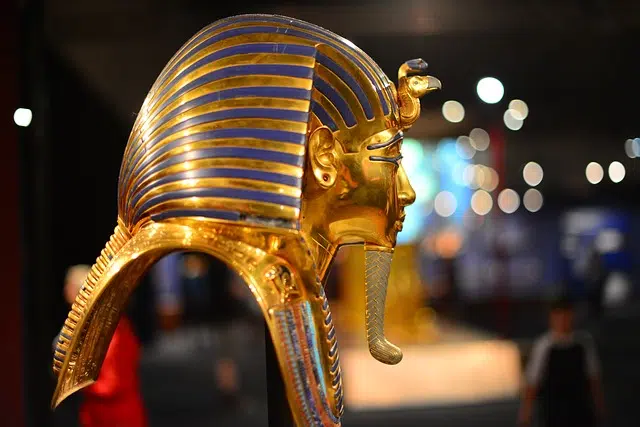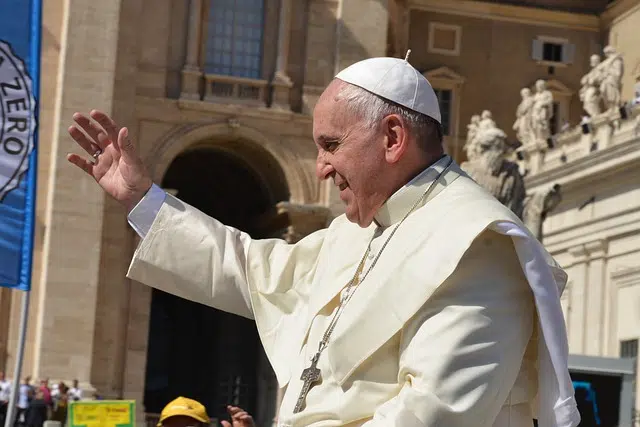
In Ancient Egypt there was a theocracy where the pharaoh was a political leader and representative of the divinities.
Theocracy is a concept derived from a Greek compound word that can be translated as "dominance of God." The notion refers to the government that exercises a divinity directly or through some type of representative.
In theocracy, therefore, the authorities rule in the name of God . In this way, the religious leader is also the political leader. These systems do not contemplate a separation between the State and the religious institution .
Examples of theocracy
An example of a theocracy is Ancient Egypt . The pharaohs were not only the most important political leaders, but they were also considered representatives of the divinities and were even priests.
Tibet was another example of theocracy until 2011 . The leader of this region in exile receives the title of Dalai Lama : he is the highest religious leader and, until 2011 , the main political authority. In that year, Tenzin Gyatso (the 14th Dalai Lama ) made the decision to decline all political positions.
The Vatican , for its part, is a theocracy that is still fully operational. The Pope (currently Francis ) is the head of the State and, also, the highest authority at the religious level.

The Vatican is a theocracy.
An undemocratic system
It is important to keep in mind that theocracies are not democratic: the people do not elect their representatives. People, on the other hand, cannot run to represent their compatriots, since the main characteristic of theocracy is that the leaders are nothing more than emanations of God, or his representatives on Earth. This particularity, in turn, nullifies the possibility of exercising opposition because, if the leader is God or his representative, no one can replace him.
In today's Western governments, although there are many particularities and contradictions, it is not common for the State to impose the practice of a religion: rulers must guarantee their citizens compliance with their rights and offer them constant development of the country, regardless of their beliefs .
Rise of theocracy
With respect to the origin of the theocratic system , it is necessary to go back to the most ancient tribal societies, in which very frequently there was a shaman who fulfilled both the role of chief of the tribe and spiritual leader, or possessed a power superior to that of the chief. . Later, in the Pentateuch (the first five books of the Bible, which are attributed to Moses) a system with similar characteristics is spoken of.
The theocracy presented in the Pentateuch describes a priestly caste , that is, a community, in this case a tribe, that is strictly dedicated to spiritual practice and the service of religion; The kings of Israel, for their part, are a later institution.
With the emergence of the State in the oldest civilizations, this particular duality of religious and political powers began to be appreciated, often united, but over time clearly delimited by laws and buildings (temples and palaces are a clear example of the attempt to "contain" each power in a different environment). In Ancient Greece, there was no well-defined clergy or dogma , which is why political positions also included religious functions.
In the Islamic Empire, until the Ottoman Caliphate was abolished in 1924, the figure of the caliph exercised the maximum government and, at the same time, represented the highest hierarchy of Islam (he was the "prince of believers"); In any case, it should be clarified that it was not recognized by the entire people, but by the group of Muslims called Sunnis , the largest of their community worldwide and characterized by their devotion to the deeds and sayings attributed to the prophet Muhammad.
